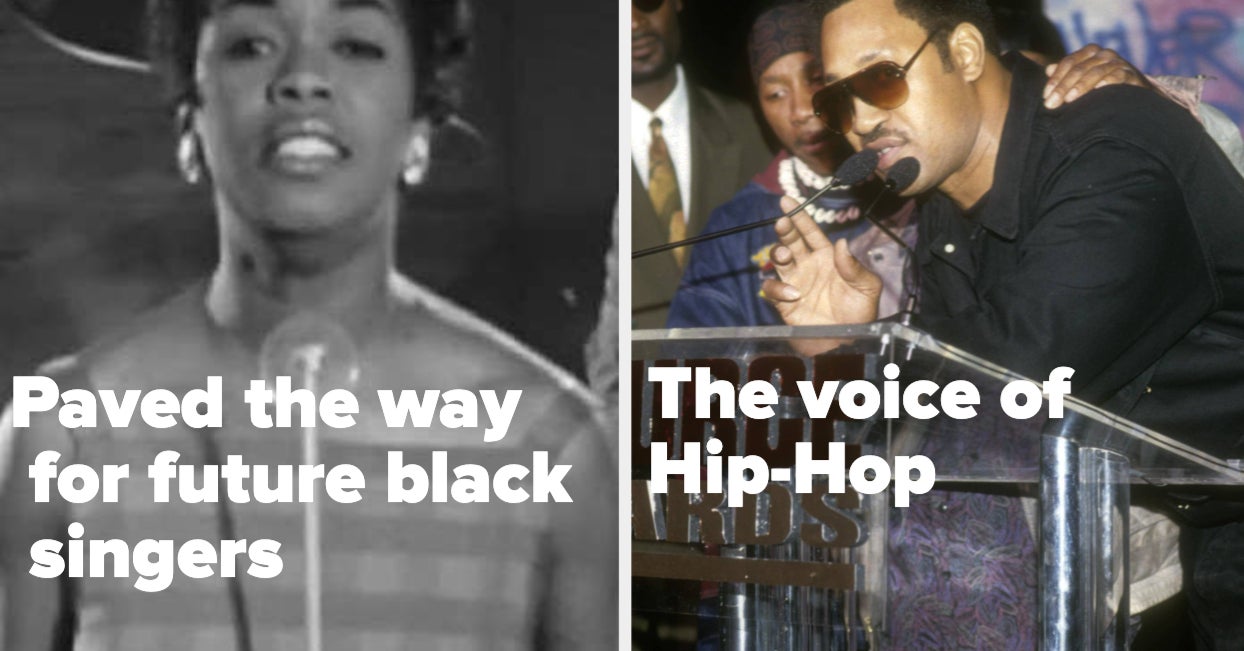History Worth Knowing: Here Are 10 Facts About Black Music History
I’m celebrating my favorite Black artists this month — streaming and repurchasing their singles and projects.
Why? Because it’s Black music appreciation month!
I took a deep pe into Black Music’s history in honor of this month-long celebration and the artists that shaped the industry. Here are ten brief facts.
1. The origin of Black music is traced back to slavery. Spirituals were one of the earliest forms of musical expression (1619–1865).
During the inhumane times of slavery, enslaved people were forbidden to speak their native languages, as owners feared they would plan and share escape routes or seek revenge and rebel. So to communicate their feelings, whether it was sorrow or hope, they began singing and creating songs that were passed down to many generations. These songs were referred to as spirituals. There were songs of freedom and survival, influenced by African and religious traditions. Many say that Gospel music is a genre that comes from Spirituals.
2. Blues music was created post-slavery (the 1860s, Deep South).
In the 1860s, a musical genre took life in the south by storm: Blues. African-Americans created this new form of sound, taking inspiration from both work songs and spirituals. Blues rapidly spread across the United States, becoming the genre characterized by call and response patterns, a specific 12-bar chord progression, etc. It’s the originator of the groove pattern and has many sub-genres such as the Chicago Blues, Country, Delta, West Coast, Electric, and more.
3. George W. Johnson was the first African-American to record commercially (1890).
Known as the “First Lady of Song,” Ella Fitzgerald was an American jazz singer whose rendition of “A- Tisket, A-Tisket” made her a global star. She was the first Black artist to win a Grammy in the first year of the Grammy Awards, and her band leader, Count Basie, also won an award. Fitzgerald went on to win several more Grammys and other mentions of honor.
7. Miles Davis’s album, Kind of Blue, challenged creativity in jazz, which impacted the music industry (1959).
Although some people can hear hip-hop styles in doo-wop music (1940–1950), structure-wise, the genre started in New York City’s Bronx neighborhood. It gave Black people in poor communities a voice, a way to be heard, as prior, many felt like their cries for better conditions were unheard. Jamaican DJ, DJ Kool Herc, is one of the earliest hip-hop DJs and artists. Artists like Tupac also became the people’s voice through his music and informational interviews.
10. New Black music genres like drill and trap are becoming global genres (Early 2010s–now).
New musical genres like trap, originating in Atlanta, and drill, created in Chicago (but influenced by British grime), are heard worldwide. There are also sub-R&B, soul, and pop genres on the rise.
Black music is constantly evolving, and the artists who paved the way and the ones now deserve appreciation for shaping the music industry.
Which genre or Black artist impacted your life the most? I’d love to know!

